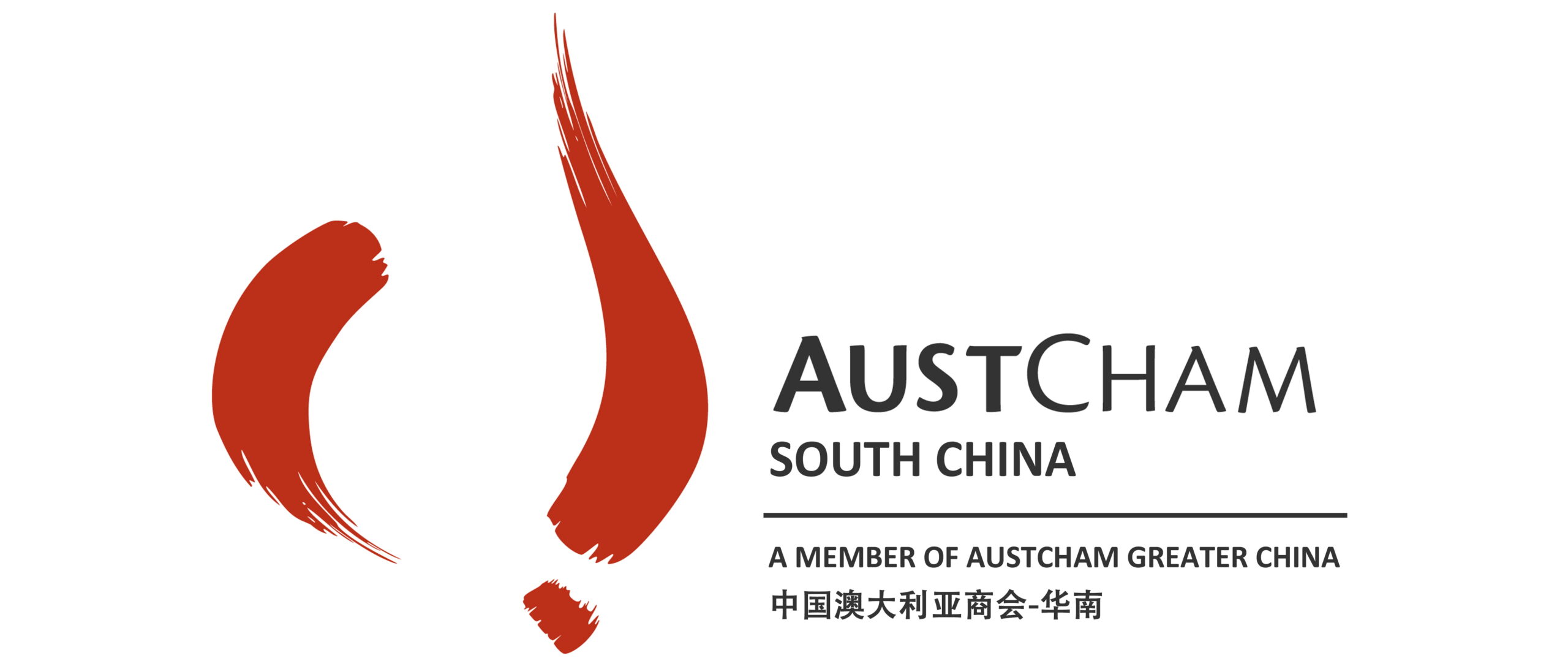2018 Draft Foreign Investment Law Deleted Provisions Related to “Variable Interest Entity” Structure
By Helen Wong and Kent Woo at Zhong Lun Law Firm
On 26 December 2018, a draft foreign investment law (“2018 Draft”) was released for soliciting public opinion. Once adopted, this unified foreign investment law will replace three existing laws that regulate joint ventures and wholly foreign-owned enterprises.
The 2018 Draft is not the first attempt to unify China’s foreign investment related laws. The first attempt was the draft foreign investment law released in January 2015 (“2015 Draft”). Compared with the 2015 Draft, the 2018 Draft is much shorter, with only 39 articles, and, in particular, has deleted those provisions related to a Variable Interest Entity (“VIE”).
The VIE is a business structure which is widely used by Chinese companies and some foreign investors in certain business sectors that are “strategic” or “sensitive” and have restrictions on foreign investment in China. By using a VIE structure, a wholly foreign-owned enterprise (WFOE) is able to exercise de facto control over a purely Chinese domestic company that is licensed to operate in a restricted industry in China through a series of contractual arrangements entered into between the WFOE and the Chinese company.
In the 2015 Draft, the definition of “foreign investment” includes, but is not limited to, the activity of “controlling any [Chinese] domestic company or holding interests in any domestic company by contract, trust or other means”. The 2015 Draft also defines the term “de facto controller”, which refers to “natural persons or enterprises that directly or indirectly control any foreign investor or foreign-invested enterprise”. These definitions include VIEs in their scope and therefore extend the restrictions on foreign investment to VIEs. If the 2015 Draft had been adopted, it would be highly unlikely for VIEs to be able to circumvent the restrictions imposed by Chinese law.
In the 2018 Draft, however, the definition of “foreign investment” is vaguer. This is partly due to the removal of the activity of “controlling any [Chinese] domestic company or holding interests of any domestic company by contract, trust or other means” from the definition of “foreign investment”, as well as the removal of the term “de facto controller” and its related clauses. This means that if the 2018 Draft is adopted, the restrictions on the VIE structure will likely remain unclear.
That being said, it is also possible that restrictions on the VIE structure will be piloted in certain specific “sensitive” industries, for example, non-government funded education. In the draft implementation rules of the non-governmental education promotion law released in October 2018, “protocol control” is prohibited in non-profit private schools. If the prohibition on “protocol control” is finally approved by the State Council, it is likely that restrictions on the VIE structure will be extended to other industries or even to all foreign investment in China.
According to the most recent news, on 29 January 2019, the second version of the 2018 Draft was submitted to the Standing Committee of the National People’s Congress for further review. As the second version has not yet been released, the details of the revisions are currently unknown.
The information contained in this article is only intended to be a synopsis. It is advisable to seek detailed professional advice before acting on it. If you would like to find out more about how Zhong Lun can assist you, please contact Helen WONG at helenwong@zhonglun.com or Kent WOO at kentwoo@zhonglun.com
Author Info

Helen Wong – Senior Lawyer

Kent Woo – Partner

